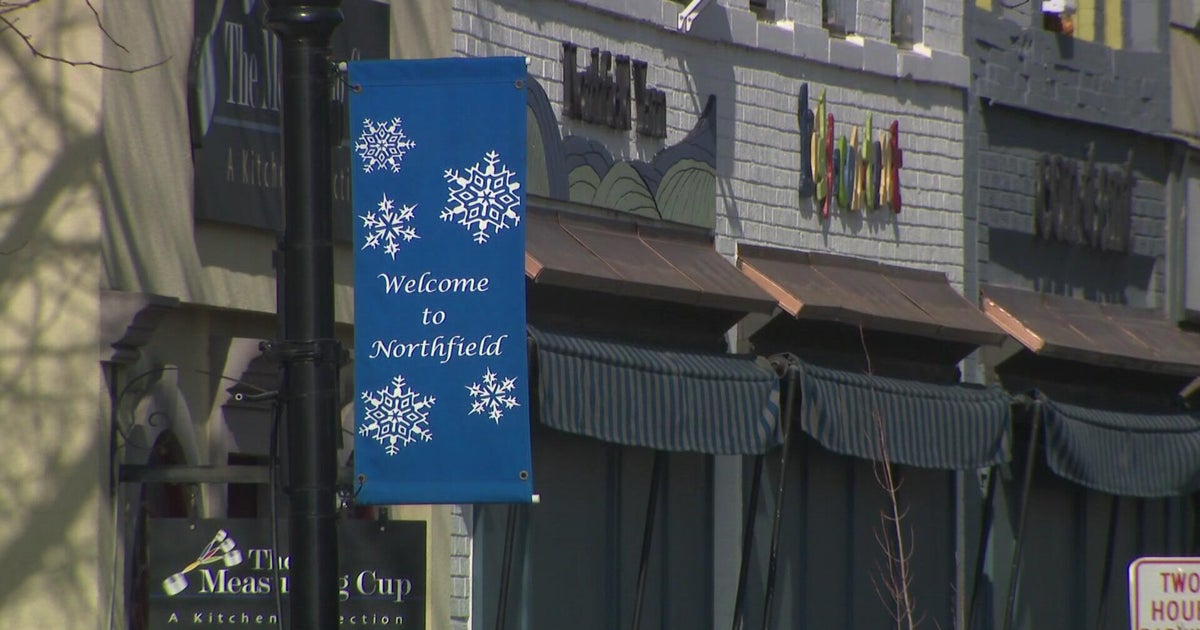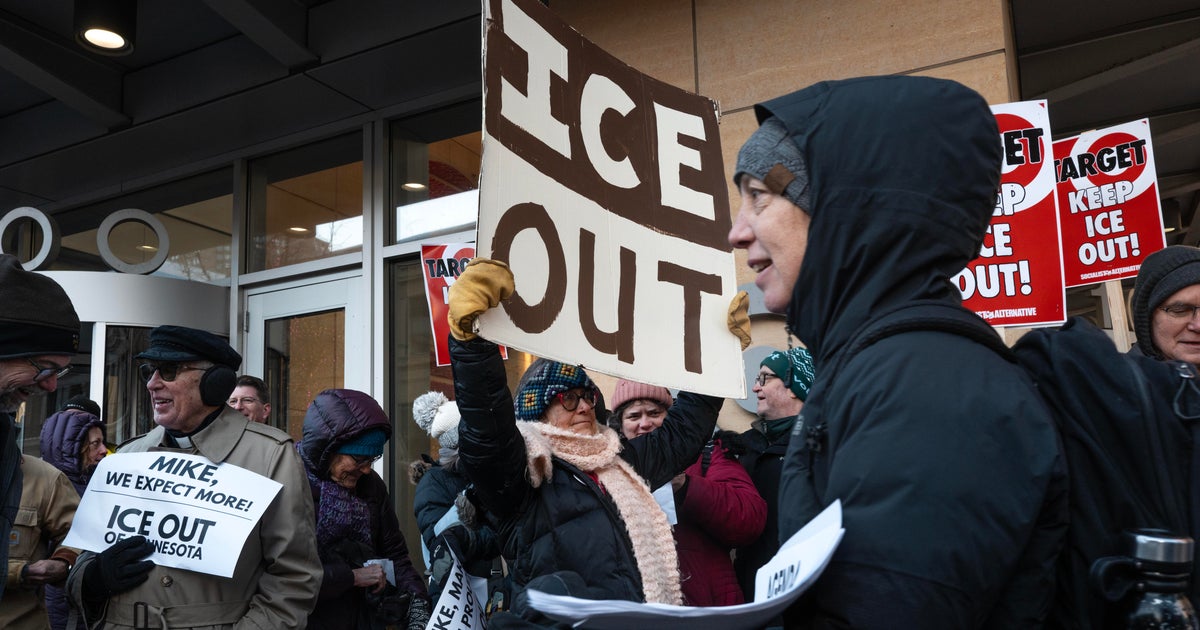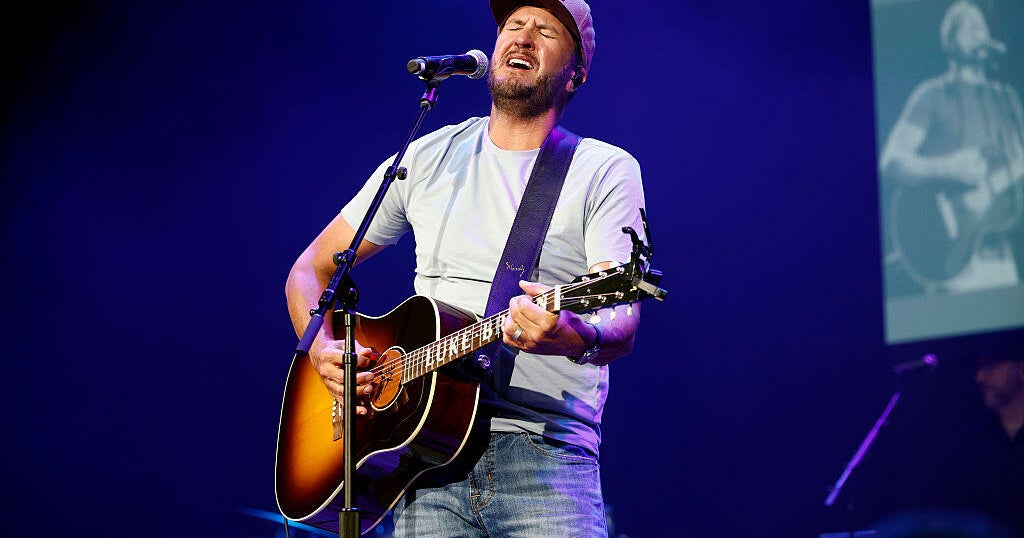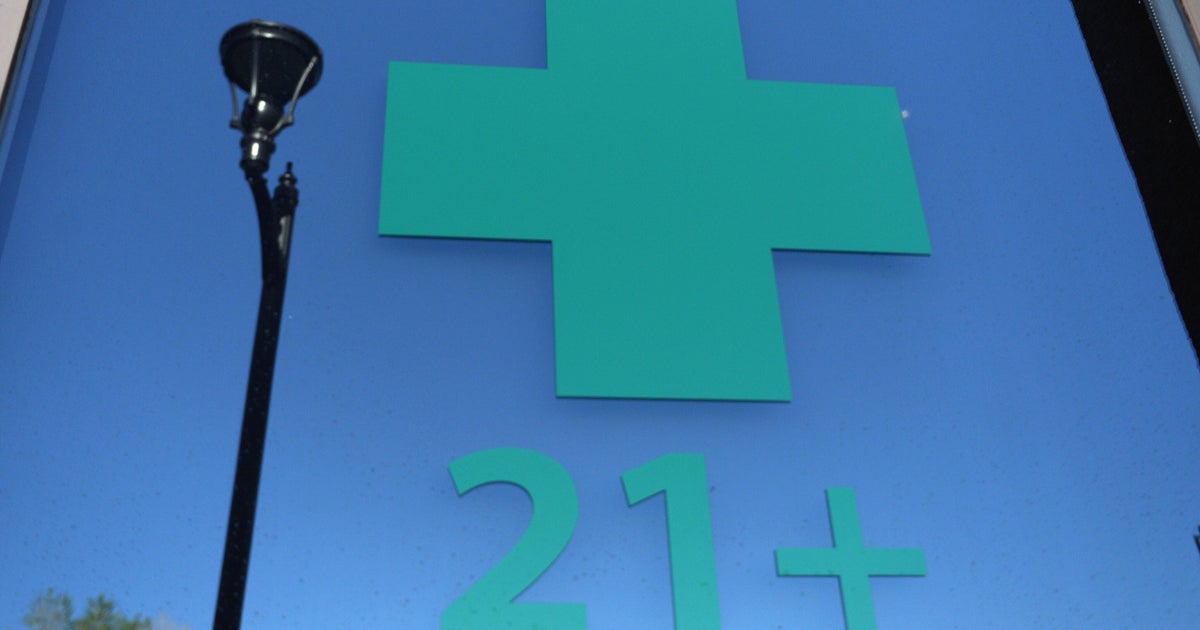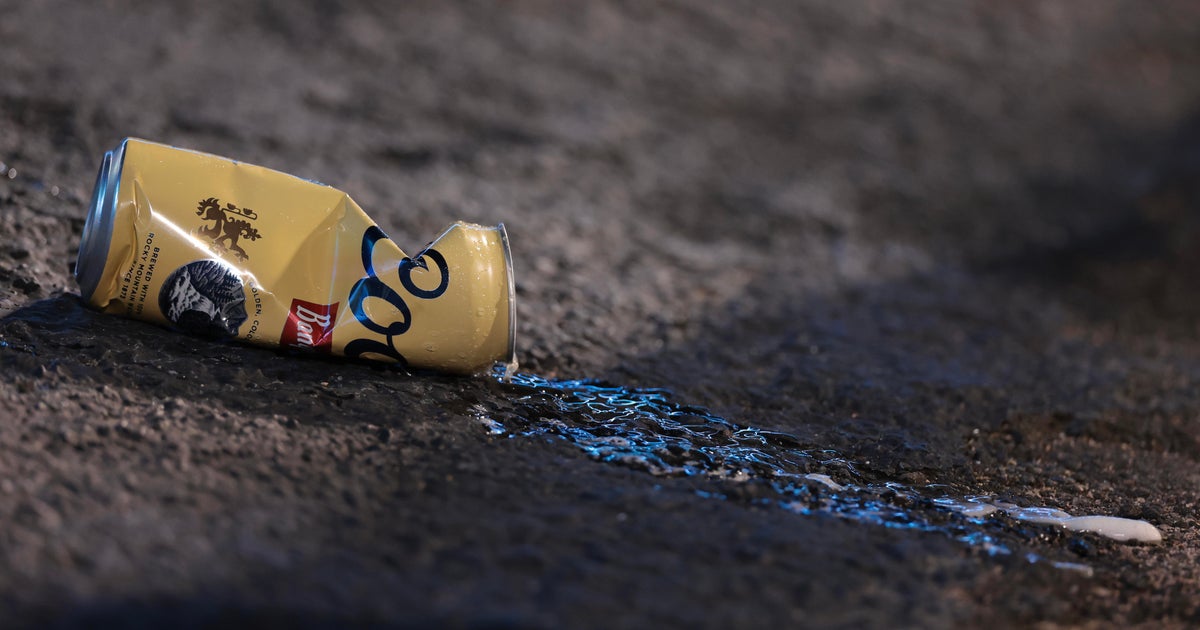'Farmed In Minnesota': Prairie Organic Vodka Is Poised For Growth
PRINCETON, Minn. (WCCO) -- In the small town of Princeton, 50 miles north of the Twin Cities, a combination of modern technology and old-school farming combines to create one of the world's oldest alcoholic drinks: vodka.
"Being from here is an important part of who we are," said Mike Duggan, CEO of Minneapolis-based Phillips Spirits. They've been distilling Prairie Organic vodka in Princeton for more than a decade, and the corn is grown at farms near Benson. There's a reason the bottle says "Farmed in Minnesota," he said.
"For us it's everything. I can take you in the car right now and take you to the farm and meet the farmer that grows our corn that's in our product," said Duggan.
The corn is distilled in small batches, twice a week the copper stills create 75 to 80 gallons of vodka per hour, all under the supervision of a Minnesota farm kid who got his college education in chemistry, Ben Guderian.
"Rather than distilling a set number of times, we distill to taste," Guderian said.
The goal in vodka is to create a clean, neutral spirit, but Guderian wants to preserve some of the character of the organic corn his neighbors are growing.
"There's a real nice sweetness, creaminess in Prairie organic, not something that's easily identifiable," he said. A panel of taste testers evaluate each batch and decide if it's ready, Prairie Organic calls them the "Guardians of the Grain."
"If it doesn't meet their standards, I run the whole process over again," he said.
Phillips sees growth potential in the category of craft spirits, as they've seen their flavored UV Vodka slip in popularity. Prairie Organic was created in 2008, and now in 2019 it is poised for growth.
"It checks a lot of the boxes that consumers care about: organic, GMO-free, fluten-free," said Duggan. The Minnesota farmers growing Prairie's corn are all certified organic, as is the distilling process.
"Eight out 10 consumers today have something in their house that is organic. That's a big number," Duggan said. But analysts think people buy organic food because they think it's better for them. No one expects an organic vodka to have health benefits.
"The idea behind organic spirits is that it's better for all of us. Better for the environment, better than the soil," Duggan explained.
Right now organic spirits like Prairie make up just 1 percent of the market. If it grew to 5 percent, Duggan says that's 7.5 million pounds of pesticides that wouldn't go in the ground.
"For us the future's bright," Duggan said, "the future's organic."
